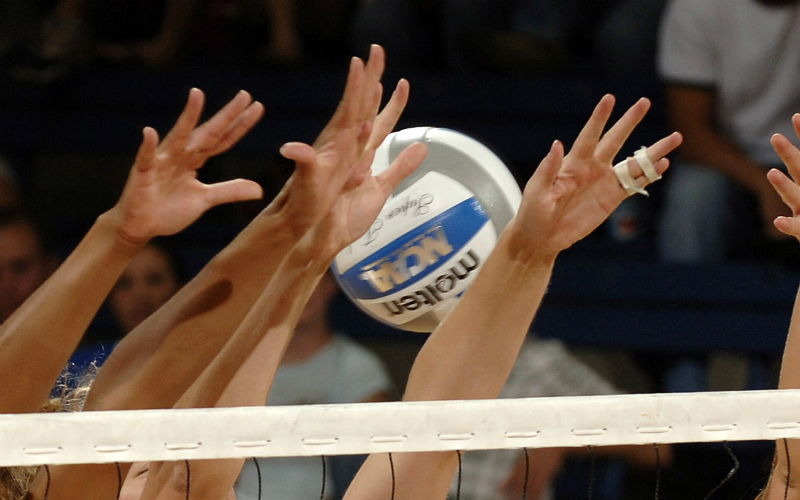If the fight to keep transgender women – men – out of women’s sports is a war, the announcement this week by the National Association of Intercollegiate Activities is a major battlefield victory. The policy was approved Monday in a 20-0 vote by the NAIA Council of Presidents, according to The Associated Press.
NAIA oversees approximately 83,000 student athletes from 241 small colleges.
NAIA President Jim Carr told the AP the organization knows there are a “lot of opinions” about the decision and people will have a “very emotional reaction” to the new policy.
“But we feel like our primary responsibility is fairness in competition, so we are following that path,” he said. “And we’ve tried as best we could to allow for some participation by all.”
Carr’s comment the NAIS tried as “best we could” likely refers to the 2023-2024 policy that allowed transgender athletes to compete in either the male or female division.
Tom Joyce, a sports reporter for the New Boston Post, has followed the transgender issue in sports for years. He tells AFN the new policy by NAIS is “great news" to hear.
“This is a body that has nearly 250 schools in it and it's actually embracing biological reality,” he says. “They're only going to allow actual girls – you know, females with XX chromosomes – to compete in women's collegiate sports in this league."
"It's huge," Kaitlynn Wheeler, a former University of Kentucky swimmer, told Fox News.
Wheeler suggested the NAIA's "bold move" means people will now look at the NCAA to see if it takes action.
"They did their research. They made the right call," Wheeler said of the NAIA. "Unlike the NCAA who has previously admitted that they haven't done enough research on the subject, which frankly, I don't think opening a biology textbook is really that hard."
Wheeler is one of 16 female plaintiffs currently suing the NCAA for allegedly violating federal Title IX laws by allowing men to compete in female sports.
The NAIA announcement was predictably criticized by angered LGBT activists, such as the National Women’s Law Center.
“This is unacceptable and blatant discrimination that not only harms trans, nonbinary and intersex individuals, but limits the potential of all athletes," said Shiwali Patel, a woman, who is senior counsel at the Law Center.







